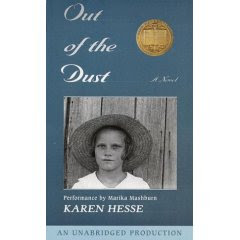Annotation: On a cold winter's evening, in medieval England, a girl with no parents, no name, and no age is found by the neighborhood midwife.
Justification for nomination: Beetle, as she is soon called, is found in a dung heap in a farmer's barn by Jane, the local midwife on a cold winter's night. Instead of the story turning into a feel good novel about how the midwife takes her under her wings and teaches Beetle the trade, it is much more realistic. Beetle begins the book with nothing, just her scrubby clothes on her back and the cat she befriends in the barn. The midwife takes her in because she needs her help fetching stuff for her, not to teach her the trade.
Beetle must fend for herself and learn not to rely on anyone helping her. During the births the midwife attends, Beetle is instructed to not enter the house, so she develops very little first hand knowledge. She does sneak in to watch and observe and try to learn how the birth process works. Beetle eventually helps deliver a cow and then a baby, but her confidence is shaken when she's not able to deliver a different baby.
Karen Cushman does a great job in not sugarcoating life for her characters. The reader is able to feel how tough it is for Beetle, the midwife, and the townspeople in medieval England. She also doesn't gloss over details, portraying the birth process, relationships, extramarital affairs in a realistic manner than the reader will appreciate. The novel will appeal to those interested in medieval England and those who love stories about characters who have a lot of odds to overcome.
Genre: historical fiction

